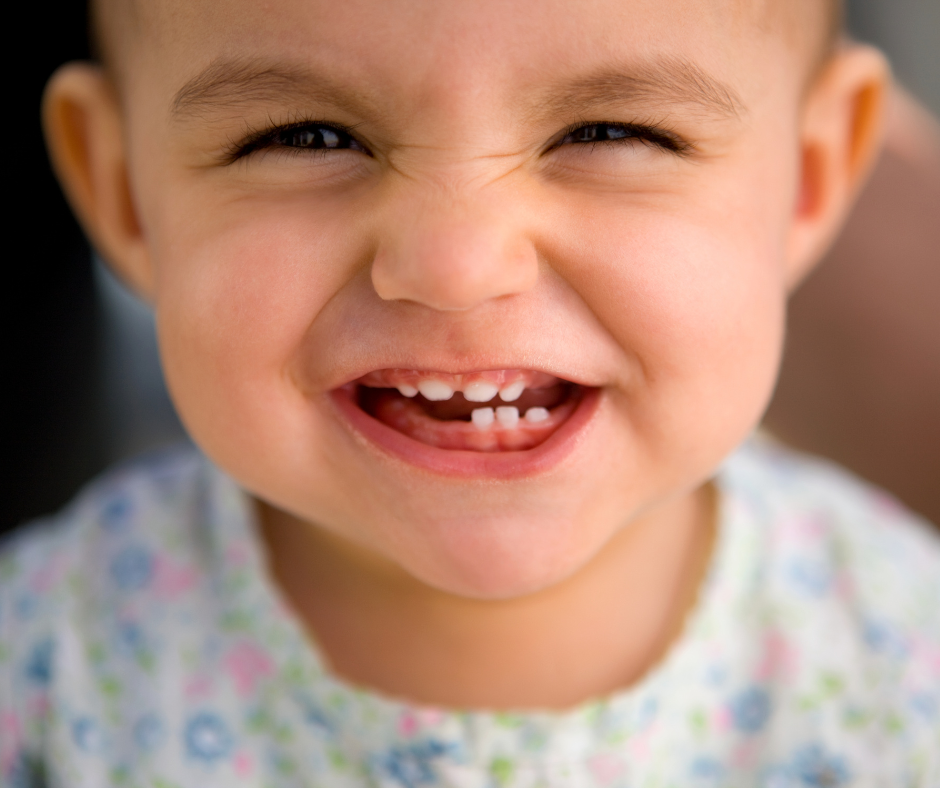Teething 101

If your infant seems fussier than usual, you might be wondering whether those first baby teeth are on the way. Teething is a major milestone in your child’s development—and while it can be uncomfortable, understanding the process can help you ease your baby’s discomfort (and get a little relief for yourself, too).
When Do Babies Start Teething?
Your child’s first baby teeth, also called primary teeth, usually appear between 6 to 10 months, though some babies show signs of teething as early as 3 months. Interestingly, babies are born with all 20 primary teeth already in their jaws, waiting for the right time to emerge.
The lower central incisors—the two front teeth on the bottom—are typically the first to break through. By age 3, most children have a full set of primary teeth, which are essential for chewing, clear speech, and confident smiles.
Signs Your Baby is Teething
Teething can cause mild pain and irritation in your baby’s gums. Common signs include:
- Fussiness: Swollen, tender gums can make your baby irritable.
- Drooling: You may notice unusually clear or abundant spit.
- Chewing: Babies often gnaw on toys, fingers, and other objects for relief.
- Rash around the mouth: Excess drooling can irritate delicate skin.
What Teething Doesn’t Cause
Contrary to popular belief, teething does not cause:
- Fever
- Excessive crying
- Diarrhea
- Diaper Rash
- Weakened immune system
If your baby experiences these symptoms, give us a call as they could have another type of illness or infection.
How to Ease Teething Discomfort
Here are safe and effective ways to soothe your baby:
- Soft teething toys: Rubber or plastic toys can soothe sore gums and help with fine motor skills.
- Chilled items: Freeze a damp washcloth or use specialized teething devices. Avoid letting babies chew directly on hard frozen objects.
- Sippy cups with cold water: For babies over 6 months, these can provide both hydration and gum relief.
- Gum massage: Wash your hands, then gently rub your baby’s gums with a fingertip or knuckle. Your baby may also find comfort chewing on your finger.
Helping Your Baby Sleep
Teething can disrupt naps and nighttime sleep. To help your child rest:
- Offer a comforting bath before bed.
- Give a gentle bedtime massage.
- Use white noise at a low volume.
- Soothe with a cold teething cloth or gentle gum massage if your baby wakes.
Teething Remedies to Avoid
Some remedies can be dangerous:
- Benzocaine gels: Linked to serious blood disorders.
- Lidocaine: Can cause heart and neurological problems.
- Alcohol: Even small amounts can be toxic.
- Homeopathic tablets with belladonna or coffea cruda: Risky for infants.
- Liquid-filled teething toys: May leak and pose choking hazards.
- Teething necklaces: Amber, wood, or silicone necklaces are choking and strangulation risks.
Teething is a normal part of early childhood. Fussiness, drooling, and chewing are all expected—but remember that fever, diarrhea, and prolonged crying are not typical teething symptoms. While this can be a trying time for both your child and yourself, stay patient! Those first tiny teeth are just the beginning of your child’s journey toward a healthy, happy smile.
For questions, to book an appointment, or any other concerns, Augusta Pediatrics can be reached at (706) 868-0389. The information on this site is not intended or implied to be a substitute for professional medical advice, diagnosis or treatment. All content, including text, graphics, images and information, contained on or available through this web site is for general information purposes only.

Leave a Reply